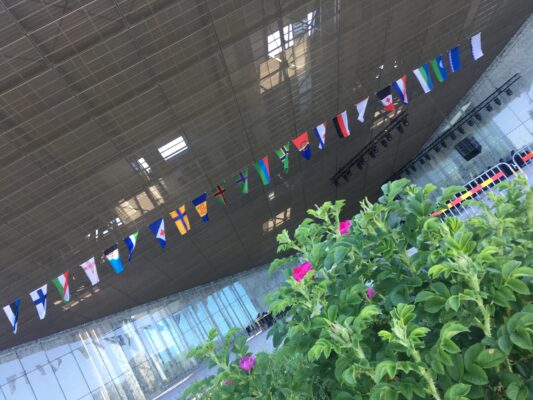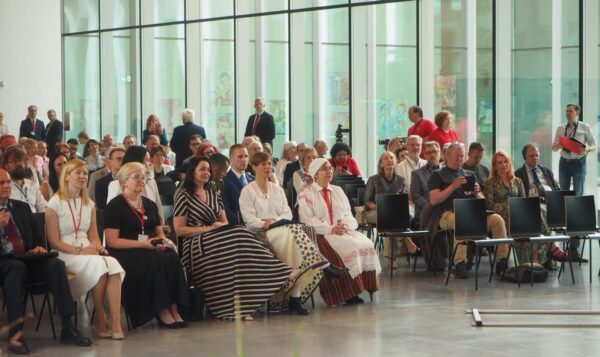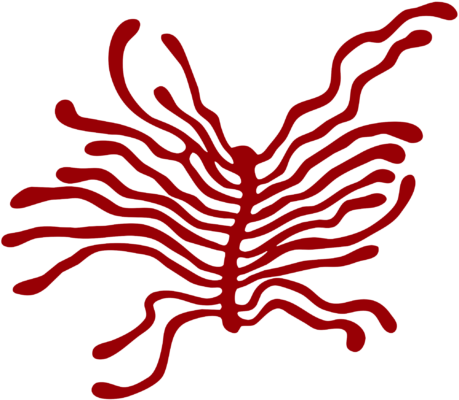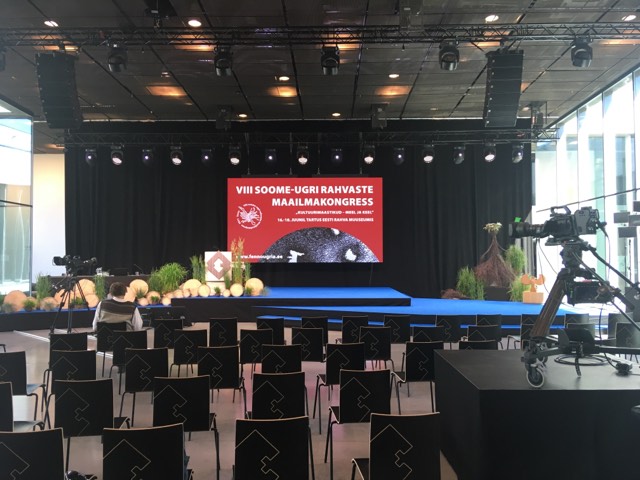
VIII World Congress
The main theme of the Congress will be “Cultural landscapes – language and mind”.
The 8th World Congress of Finno-Ugric Peoples 16-18 June 2021 in Tartu, in the Estonian National Museum The main theme of the Congress will be “Cultural landscapes – language and mind”.
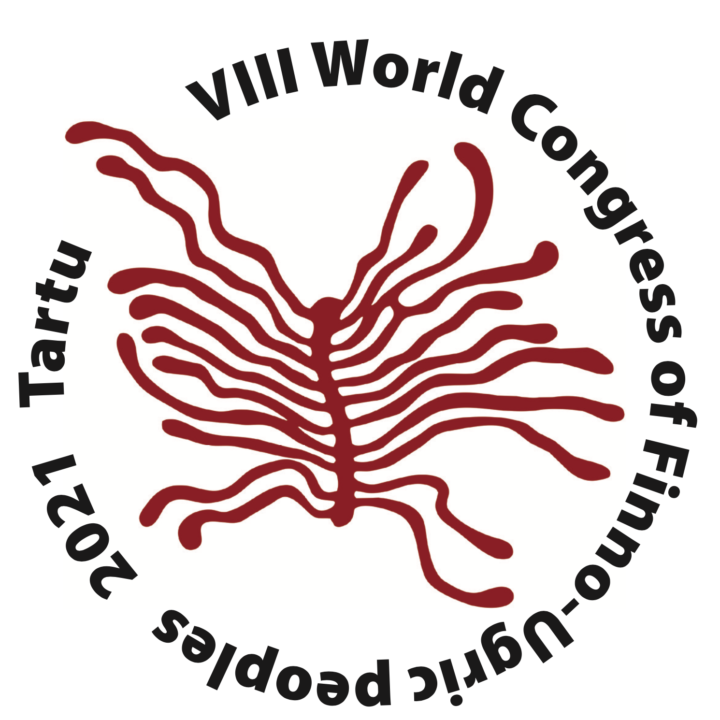
14 Finno-Ugric peoples will take part of the VIII Finno-Ugric Peoples World Congress. In all, 400 people take part in the Congress, including 124 delegates and 229 observers, as well as guests and journalists. The Finnish, Hungarian, Russian, Latvian and Estonian presidents are invited to the World Congress.
The Opening ceremony can also be viewed via an ERR livestream online. In addition to the official Congress, all interested people are invited to a simultaneous culture program in Tartu. The events are free of charge.
The organizer of the Congress, NGO Fenno-Ugria, announces that considering the current situation caused by the COVID-19 virus, the Congress will be organized in hybrid form, in-person attendees in Tartu and virtual attendees online. All online participants will have access to plenary sessions and one of the thematic session chosen. Accession to the congress will be via link sent to the connection e-mail. Event content will also be recorded and made available online to foster further discussions after the event has ended, build out a knowledge portal for event participants.
The VIII World Congress of Finno-Ugric Peoples, in order to develop further effective cooperation of the Finno-Ugric and Samoyed peoples, decided to hold the IX World Congress of Finno-Ugric Peoples in 2024.
Note:
According to the Regulations of the Consultative Committee of the Finno-Ugric Peoples, the Consultative Committee organizes the preparation of the congresses of the Finno-Ugric Peoples. In this regard, the Consultative Committee will need to determine the venue for the IX World Congress of Finno-Ugric Peoples in 2024.
Meetings of the working groups: 1. Civil society activities in preserving and developing Finno-Ugric languages Language(s) and identity Bilingualism Parental responsibility for and role in transferring the language to next generations The role and tasks of NGOs in preserving and developing Finno-Ugric languages Best practices of teaching Finno-Ugric languages 2. Finno-Ugric cultures – from tradition(al) to modern times Contemporary innovations in the development of Finno-Ugric cultures Branding 3. Finno-Ugric peoples in a changing environment Climate change impact on the daily life of Finno-Ugric peoples Climate change - what will it bring? Panel discussion: what should we do under climate change? 4. Mass media channels Traditional journalism Social networks Language resources in IT
- 27.08.2021 Free Idel-Ural Group Calls for Shifting Future Venues of Finno-Ugric Congresses to Lithuania (Window on Eurasia)
- 10.06.2021 Bank of Estonia issuing €2 coin for Finno-Ugric peoples (ERR News)
- 21.05.2021 Two planned large-scale summer events to go ahead (ERR News)
- 15.05.2021 Estonia removed from Kremlin list of ‘unfriendly’ states (ERR News)
- 11.05.2021 Suomi ja Viro ovat venäläisen järjestön mukaan ylimielisiä veljiä, ja siksi maa ei aio osallistua suomalais-ugrilaisten maailmankongressiin Tartossa tänä kesänä (Helsingin Sanomat)
- 03.05.2021 Russian delegations, Putin could still attend the Finno-Ugric World Congress in Estonia (Estonian World)
- 26.04.2021 Suomea syytetään Venäjällä maan ”sisäisiin asioihin puuttumisesta” – Kremliä lähellä oleva yhdistys vaatii boikottia sukukansakokoontumisille (Iltasanomat)

